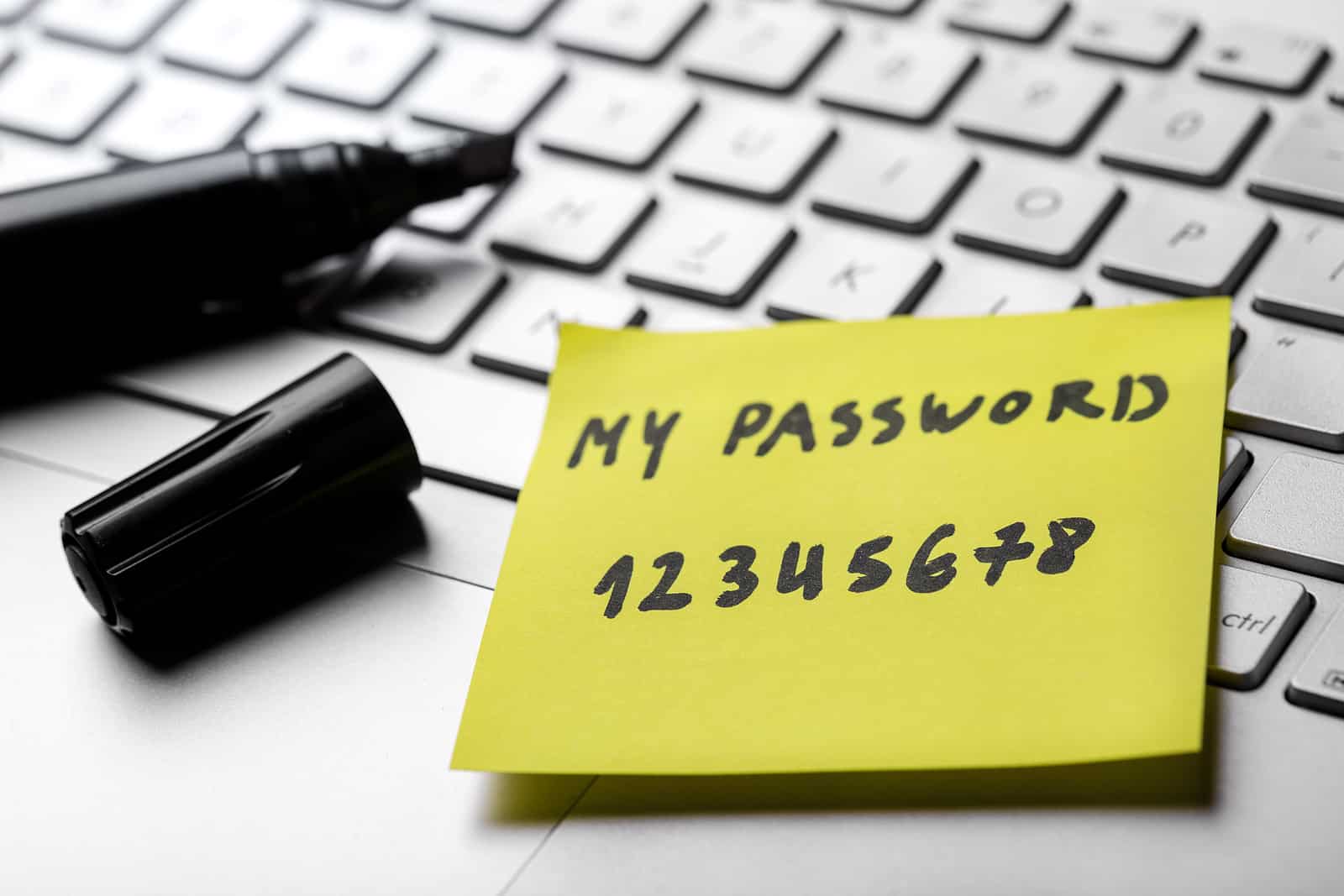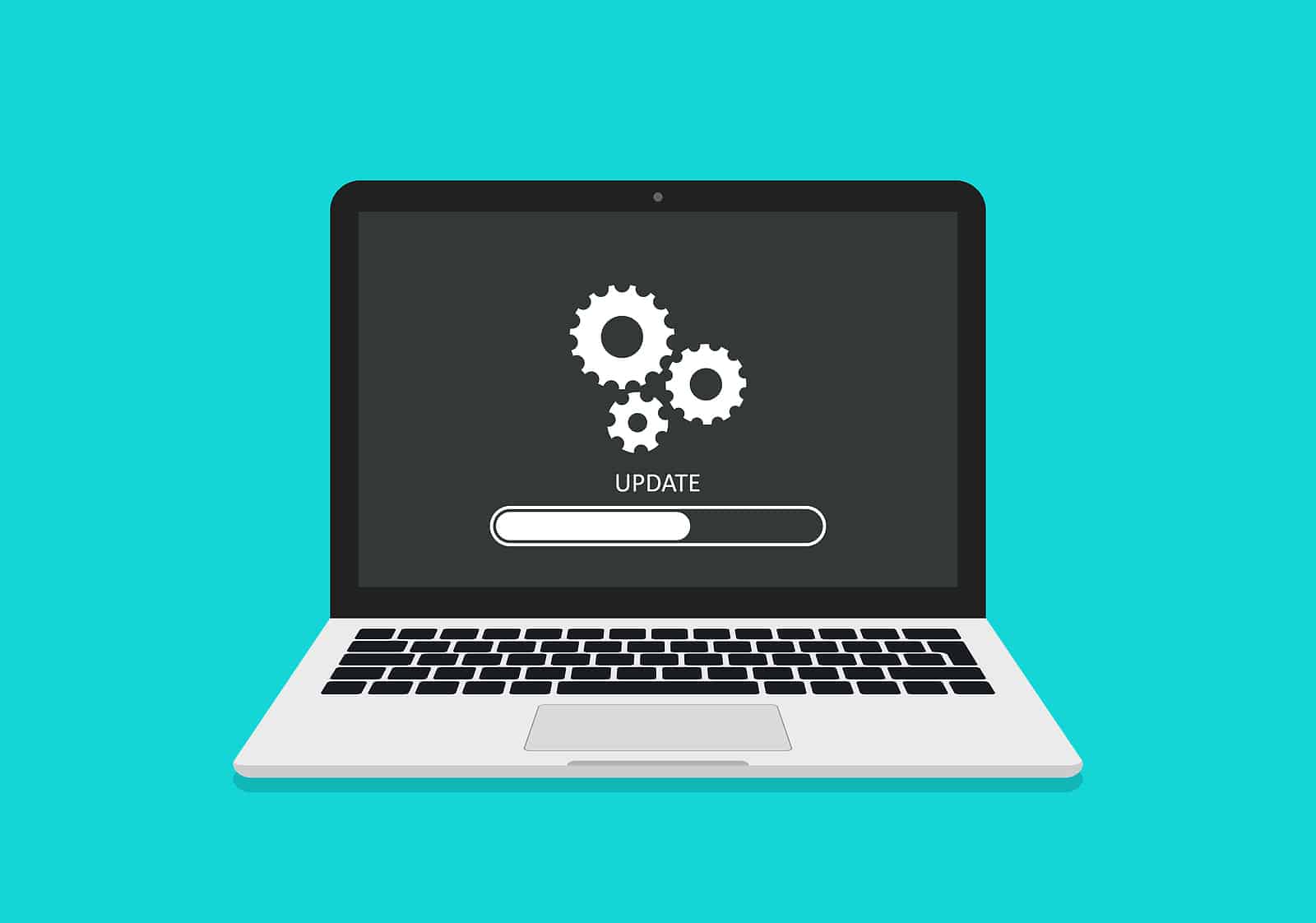How do Sites Get Hacked? When hackers find flaws in your website, they can bypass all the security controls to gain access. Such fraudulent acts can lead to the stealing of personal information, privacy invasion, etc. But did you know most security breaches are a result of human error? So, why do sites get hacked?
How do Sites Get Hacked? Let’s dive right in!
Using the same password
Let’s face it: every business has some critical or sensitive data. This may include employee records, intellectual property, or financial information.
If someone can guess your password, they gain admin privileges on your website. It would be best if you focused on creating a complex password with a mix of lengthy characters. That way, you can be sure hackers will have a tough time trying to crack.
The easiest way to remember complex characters is by using a password manager. You can also use a password policy manager to configure the history, expiry, and other complexities. A strong password should have eight characters that include a mix of upper and lower case letters.
But here is the thing – people like to use a password for something easy to remember, like the name of a song.
A hacker can quickly boot thousands of logins using username/password combinations. If hackers finally guess the passwords, they can gain access to all unprotected information. It’s more like the cracking-a-code spy scene that we see in movies.
Another problem with passwords is using them across several websites. This makes it easy to guess and compounds the issue even further. In a recent study, the researchers found great convergence between websites and applications like Facebook and Twitter.
Don’t be surprised to learn some people use the same password and username combinations across all platforms. This gives an inadequate level of protection and prevents authorized access.

How do Sites Get Hacked – how often do websites get hacked
Alternatives to using passwords
Many authentication methods are hard to ignore. If users access the website through mobile devices, the two-factor authentication can boost website security. And because the code is invalidated after a specific time, it’s difficult for hackers to gain access.
For sensitive data like bank details, companies can introduce biometrics. This may include iris recognition, fingerprint, or facial recognition. Some mobile-based biometrics are also slowly getting into the market.
Failure to update plugins
Hackers are always on the lookout for any weakness on your site. That’s why you should constantly update the plugins from trusted sources. If you don’t, you give criminals backdoor access.
Why are WordPress plugins vulnerable? Not all WordPress developers release updates. For instance, if WordPress releases an update but the developer doesn’t update a theme, the hacker could exploit the vulnerability.
If you use WordPress to build a website, you should keep tabs on the dizzying array of plugins. But additional premium ones are scattered across the web. At the same time, this can be a great way to extend your site but could be a gateway for a malicious act.
While most developers follow code conducts when patching updates, you may still experience security issues. Other times, the vulnerability goes undetected.
Here is the kicker, though: most vulnerabilities can be mitigated by following the best practices. The safest route is to get updates from the developer. Of course, you’ll be supporting them for their hard work.

How do Sites Get Hacked
Insecure codes
Before you incorporate a new code into your website, you should do some research. If you use a code from a random person, you could trigger serious web security issues. We’ve heard many instances where an outsider gains access to a website after clicking on invalidated URLs.
If someone sends you a code, you should scrutinize it before putting it into your software. Most of these malicious attacks are uninvited in some way.
Failure to update and fix the patches
Just like the way you use PCs antivirus, you can perform a vulnerability scan to your website. This prevents hackers from corrupting your website files.
How do Sites Get Hacked? Outdated core software
Outdated core software leaves the websites vulnerable to critical security issues. The benefit of using a website from scratch is that developers will continually enhance the functionality to ensure a seamless user experience.
Malware
Hackers can use malware files on legitimate websites in an attempt to gain access to the background files. This could also be a way of stealing the information of the visitors. Generally, malware enters a website through outdated themes and plugins.
What can you do? It would be best to constantly scan for any potential malware that could be hiding on your website. Besides, many security plugins can help rectify the problem.
Structured query language injections
This is a type of programing language that allows users’ access information on the website fast. However, hackers can take advantage of the SQL feature on your website. Alternatively, they can gain access to your site by trying to modify the database – leaking, editing, or deleting data.
Hackers use SQL injections by asking visitors to fill in contact, lead, or payment forms. When they submit this information, they are simply giving codes that will make changes from within.
To be on the safe side, you should restrict the submission of special characters. If you don’t curb the lust of malicious code, the hackers may compromise your website.

How do Sites Get Hacked
Undefined user roles
When you create a website, there are several user roles you can choose from. Each restricts the users from accessing specific content on the website. But the most challenging position is that of the administrator. If different people manage your website, you should emphasize social engineering.
If your website has different users, you should not change the default settings – everyone is an admin. But unless you make some changes as the administrator, you could be creating a loophole for a security breach.
A poorly defined admin role could prompt full access to the website. So regardless of your site, you should take additional measures like allowing for two-factor authentication and creating stronger passwords. Keep in mind that mistakes can always happen, and you don’t want a member of your team to delete a high-performing post accidentally.
SEO Spam – How do Sites Get Hacked
How do Sites Get Hacked? Like SQL injections, hackers can compromise high-ranking pages by filing them with pop-up ads and spammy keywords. A WordPress website can be vulnerable to such attacks. You should ensure you have the right WordPress plugin to run the scans. Also, you should pay attention to any changes on the SERPs- you don’t want all the hard work to go to waste.
Read more – Phishing Emails With Fraudulent Invoices from Online Retailers








